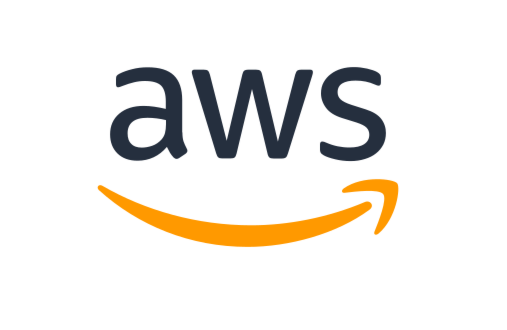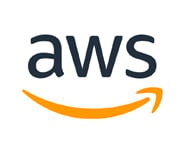This self-paced digital course explores the various databases that Amazon Web Services (AWS) offers and helps you understand how each of them solve unique business problems. It introduces you to AWS recommended best practices when designing solutions with AWS databases, and common tools for data migration. This course is designed to help you learn the fundamentals of choosing the right database to support your use case.
Who should attend
This course is intended for the following:
- Database architects
- Developers
- IT managers
- Data engineers
- Business leaders
- Learners preparing to take the 3-day instructor-led training Planning and Designing Databases
Course Prerequisites
We recommend the following prerequisites for learners of this course:
- Familiarity with cloud computing concepts
- Familiarity with general networking and encryption concepts
What you will learn
By the end of this course, you will be able to do the following:
- Discuss the AWS Well-Architected Framework and how to build database solutions around it.
- Identify different data categories, and determine alignment to AWS database services.
- Compare and categorize AWS relational and nonrelational database services.
- Identify methods of migrating data to AWS.
- Describe server-based and serverless architectures, including use cases for each type.
- Determine the right database to support a given application requirement.
What’s included
Course Introduction
- Course overview
- Course pre-assessment
Module 1: AWS Well-Architected Framework
- AWS Well-Architected Framework overview
- AWS Well-Architected Framework and the six pillars
- AWS Well-Architected Tool
Module 2: Date Types
- Understanding your data
Module 3: AWS Database Services
- Database services offered by AWS
Module 4: Amazon Relational Databases
- Relational database introduction
- Amazon Relational Database Service (Amazon RDS)
- Amazon Aurora
Module 5: AWS Nonrelational Databases
- Nonrelational database introduction
- Amazon DynamoDB
- Amazon Keyspaces (for Apache Cassandra)
- Amazon DocumentDB
- Amazon MemoryDB for Redis
- Amazon Timestream
- Amazon Quantum Ledger Database (Amazon QLDB)
- Amazon ElastiCache
- Amazon Neptune
Module 6: Data Access and Analysis
- Data access and analysis introduction
- Amazon Redshift
- Amazon Athena
Module 7: Choosing the Right Database
- Choosing the right database activity
Module 8: AWS Migration Tools
- Database migration
Module 9: Database Architecture
- Architecture overview
- Server-based architecture
- Serverless architecture
Module 10: Course Summary
- Course summary
- Course post-assessment


